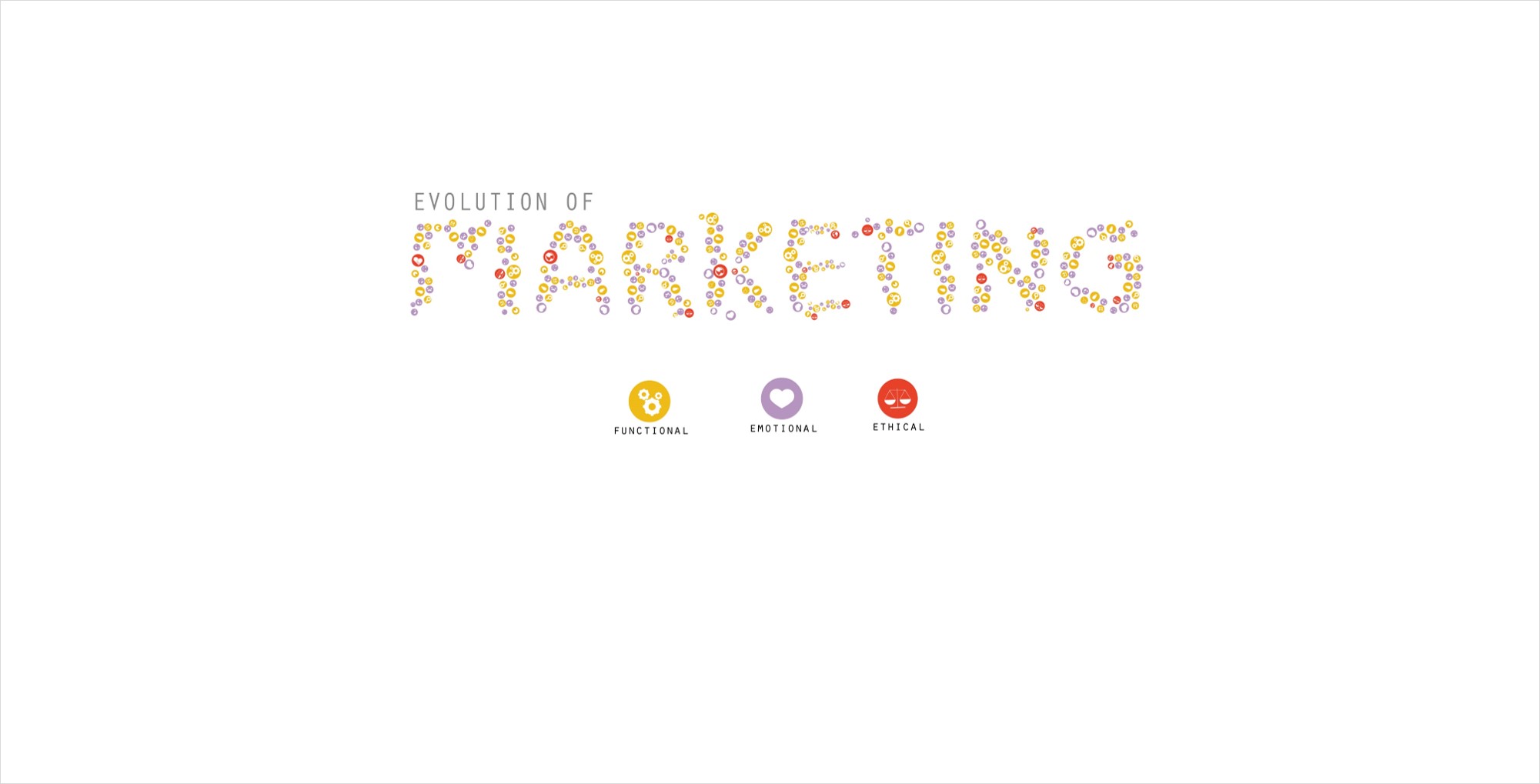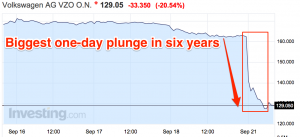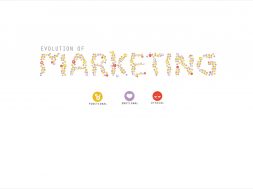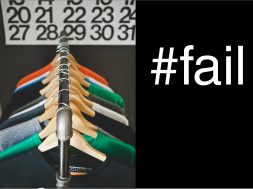
21st Century Marketing Defined
I like to discuss terminology, especially when I’m talking about a topic that is always evolving, like marketing. One of the most highly cited and influential marketing thinkers and practitioners of the last century is Philip Kotler. Dr. Kotler has recently (2011) updated his thoughts on marketing for the 21st Century. He argues that until recently our view on marketing was single-dimensional, often defined as An act or practice of advertising and selling a product as described by the Random House Webster’s Dictionary of American English in 1997 (cited by Kotler, 2011).
It is obvious that we need a more holistic approach and inclusive approach to Marketing in the era of Social Web. The American Marketing Association, one of the largest marketing associations, has renewed its marketing definition to a broader approach stating that:
Marketing is the activity, set of institutions, and processes for creating, communicating, delivering, and exchanging offerings that have value for consumers, clients, partners, and society at large.
(American Marketing Association, July 2013)
For the developed countries, looking back in the last 3 decades we can identify how the Internet became the catalyst that facilitated and accelerated many changes in our daily lives. Many of these behavioural changes, are now the norm, perceived as being there by default. I like to distinguish them in four sets:
- Sharing
- Files, moments, emotions, etc.
- Finding
- Food, products, services, things to-do, things to visit, etc.
- Shopping
- Products, services
- Knowledge gain
- Reading online, asking questions or seeking advice online, open online courses, etc.
A whole new era started when we switched to a bidirectional World Wide Web, where people could contribute to the information in the Internet (Web 2.0). The Social Web era also helped reinvent marketing. Marketers need to understand these trends and see the broader picture of the marketing evolution from functional to emotional and now slowly moving towards ethical marketing. Let’s look into each of these in more detail:
Functional Marketing (v1.0) – what is the product helping me do? Focuses on the functional difference a product or service brought to its customers as a USP and was mostly developed during the industrial revolution. This is described as the caveat emptor era, the principle that if a product is legally sold, even if it might not live up to the seller’s promises or be harmful, marketing and promoting the product was acceptable because the decision to buy was the consumer’s.
Emotional Marketing (v2.0) – how is the product making me feel or look? Focused in delivering unique experiences, helping to redefine and/or strengthen brand perceptions and has helped businesses to adapt to the era of caveat venditor. Consumers’ satisfaction and interests during the nineties are much more important than the producers’ interests. This fact fundamentally changes the approach to marketing, since the emphasis is shifting away from the “price and distribution” model to focus on meeting customers’ needs and on the emotional benefits received from a product or service.
Ethical Marketing (v3.0) – why are you saying this? Nowadays, the value and importance of ethics are taking a more central role. Many of today’s consumers are adding this third dimension – namely, how the company meets its social responsibilities (v 3.0) – shaping the era of Ethical Marketing. The numbers show that a growing number of people is taking the step to buy from companies that care, indicating a global shift in consumer behaviour.
Why you should care?
A market research (Cahan, 2013) that looked into consumers perceptions on CSR has shown that almost nine out of ten (88%) “if given the opportunity, (I) would buy a product with a social and/or environmental benefit.” Also, more than eight out of ten (84%) states that it would tell their peers about a company’s CSR efforts and nine out of ten (88%) argued that they would stop buying products if they learned that the company is irresponsible. The same percentage (88%) wants to hear about CSR efforts indicating consumer interest.
These perspectives correlate with a European Commission (2013) research looking in consumer perceptions towards CSR. Among European respondents, almost eight out of ten (79%) express their interest on how companies manage their social and environmental impacts but six out of ten (62%) say that they do not feel informed about what companies do with regards to socially responsible behaviour.
The growing interest of consumers in ethical products reflects a growing market, which is the ethical consumerism market. During 1999 UK consumers’ expenditure was 1.9 billion in ethical products (IGD.com). This number grew by 153% to reach 48.81 billion in 2012 (Key Note, 2013).
Millennials lead the way
The Millennial generation is different from the Gen X or echo boomers in several attributes. Firstly they are ultra-connected, Internet and social media are not technological innovations for us, is just the way things are. Secondly, we have been born in a time of political and economic standardization. For example we haven’t experienced the Soviet Union or the Cold War. Also, we love to be on-the-go and flexible valuing more adaptability rather than long-term planning.
These differences play an important role when it comes to how we approach the world. We are socially conscious, and we like to express our concerns about the society and the environment, but we also believe we can make a difference. A theme that emerged from the above mentioned researches is that Generation Y, or Millennials, are probably the most socially conscious generation in the modern history of humanity.
Some facts backing up this statement:
- Many (from 48% to 70% country dependant, 58% avg) express the opinion of starting new political movements.
- The majority of them believe that changing the way people consume will make even more difference than their political votes.
- Half of consumers interested in ecological or other socially responsible purchasing belong in Generation Y.
- We are portrayed as those who are willing to pay more for sustainable products and those who check packaging for sustainable labelling; doubling in average the percentage points of Generation X and quadrupling those of Baby Boomers.
- Finally we believe that businesses which practice sustainability will be the most successful in the future.
(Sources: Millennials: The Challenger Generation, Havas Worldwide; Global CSR Study, Cone Communications, 2013; European Commission, 2013; Nielsen and NMI, 2014; IPSOS MORI, 2014.)
This latter fact reveals their perceptions on happiness since we seem to be less materialistic than their predecessors.
How to innovate your marketing strategy?
There are three values I’m going to talk about here, feel free to embed these into your marketing and communications as you feel best, but in principle these are the things you should be looking to improve in your business marketing strategy.
Stop trying to be perfect: be transparent and authentic instead!
The more transparent you are the more influence you will have on consumer decisions. It will make it easier for people to understand; what your brand stands for, who you are and what you try to achieve. Thus, it will raise trust. When I talk about transparency I never fail to mention buffer, a social media scheduling and sharing tool, that is approaching transparency in a level that places the company into a class by its own.
Stop greenwashing and lead by example!
If you’re not doing what you are advocating for, chances are there will be al backlash and it will be bad. This is often referred to as greenwashing and is an example of a strategy used to make a company appear ethical when, in reality, the business still uses unethical practices either internally or externally. So, next time you want to talk about business values, responsibilities and ethicalities attached to business and marketing practices, make sure you have looked yourself in the mirror. Volkswagen has paid in real money and brand reputation after the dieselgate scandal, and as the saying goes trust takes years to build and only a moment to destroy.

Ethical Marketing is about being honest and true to your audience!
No, it does not mean you need to stop misleading or harassing your customers! Ehm, actually, it’s exactly that. You need to stop misinterpreting reality, and deceptive advertising, or at least move towards that direction, put this in one of your business goals for next year. Of course you want to make your product look good and make people want to buy it, but this is very different from BS-ing people about your product. So, if you read these lines and you feel guilty, you need to be able to stand for and acknowledge any mistakes you made, that is the first step. Next talk about the actions you are taking to make sure you are not going to repeat these mistakes.
Depending on your product/service you need to be thinking about your marketing messages and how it conveys different ethical issues. For example Fox had to think twice before releasing an offensive billboard advertisement, and they had to withdraw the ad and apologise for the violent message. Try and think about gender equality, social inclusivity, if you are promoting violence, if you have any unethical messages and the likes, you get my point. Here is another example, a Reebok poster tells men to cheat on their girlfriends, please don’t be like Reebok.

Conclusion
The world of marketing has changed forever and it has done so organically without many noticing. It is important that we analyse these changes and identify them as above so that we can understand not just how to market our businesses in 2016 and beyond but why you are marketing in this way. It is the why that is the most important aspect here. Gone are the days of doing everything we can to make a sale. Forming relationships, creating advocates and being honest are the key factors to successfully marketing a business today. You can’t do this if you’re not being honest with yourself, let alone your customers.














